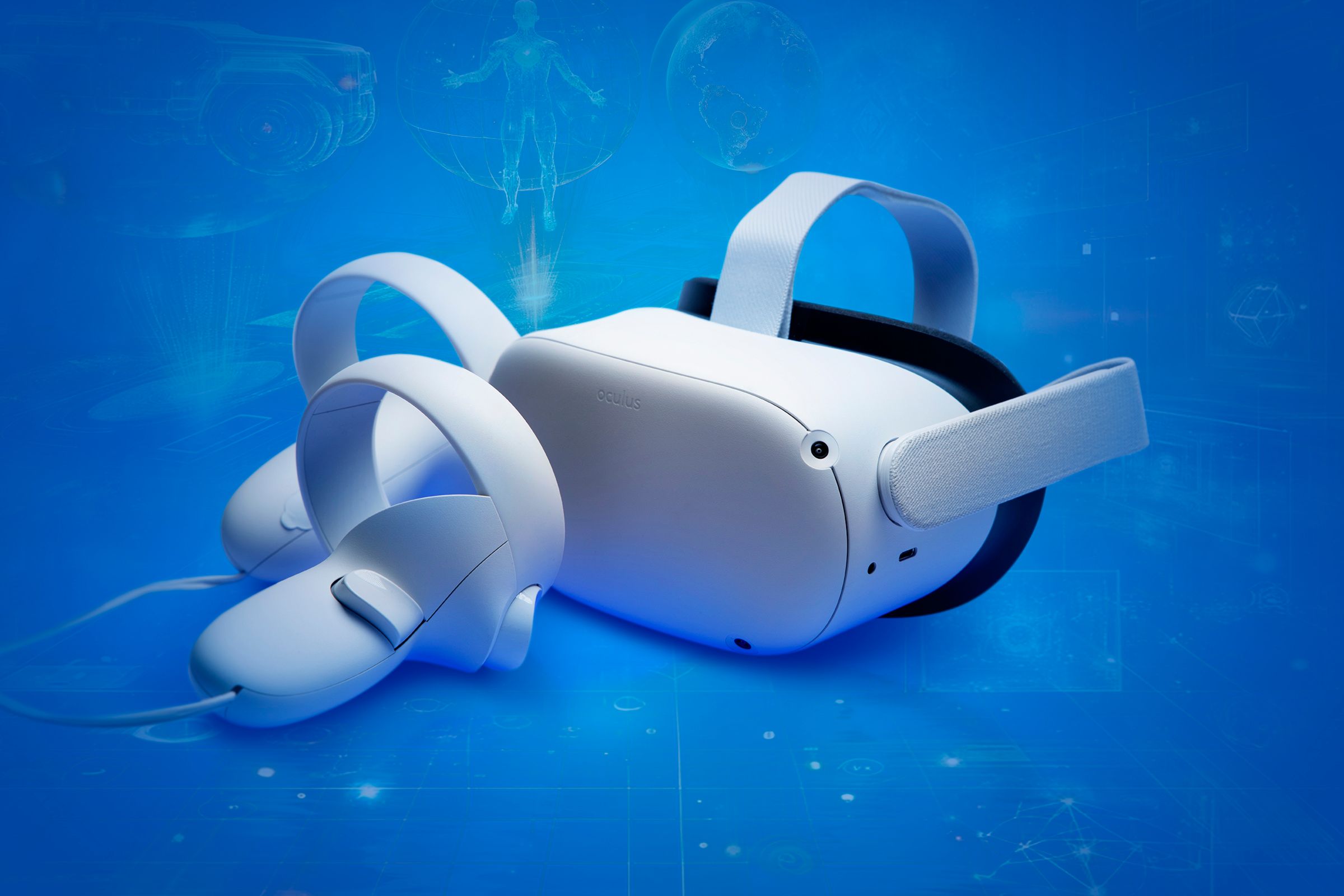Key Takeaways
- Meta is opening up the Quest VR platform to third-party hardware makers like ASUS, Lenovo, and Microsoft.
- Similar to the Steam Deck revolution, this move could lead to a surge in VR headset options, enhancing hardware competition.
- While this could benefit customers with more choices, developers may face challenges ensuring their software is compatible with various VR devices in the extended Meta VR family.
Meta, the company behind the popular Quest VR headsets, has announced that it’s opening its software technology up to third-party hardware makers. This means that soon you’ll see standalone VR headsets made by various companies, all tied into the same ecosystem as Quest.
As per a post on the official Meta blog, the Meta Quest Horizon OS platform that drives every Quest will now be open to other hardware partners. So far Meta has revealed that devices are in the works from ASUS, Lenovo, and even Microsoft with an Xbox-inspired headset. Though that does not imply Xbox consoles are getting VR.
Meta goes on to explain that this will give developers a wider range of devices to target, which I assume may involve much higher-end hardware than current Quest headsets, and that it will also include them in the social media side of Quest. So it makes sense for Meta, who’s main business is Facebook, to have as many hardware platforms out there as possible. It’s definitely a sensible business move in my opinion, but it could be far more impactful than that.
This Could Be a Steam Deck Moment for VR
Let’s stop and consider the Steam Deck for a moment. Although other companies have tried their hand at making handheld gaming PCs, it wasn’t until Valve created the blueprint (and effectively the market) that interest exploded. Now we have numerous excellent handhelds to choose from. Although they don’t all run SteamOS (but you can get close) they do all run Steam and from Valve’s perspective, that’s what really matters.
Just like Meta did with the Quest, Valve solved numerous problems when it comes to hardware, software, and features. Valve didn’t need to also provide the OS, but the effect is largely the same. Now other hardware makers can concentrate on making good hardware, and won’t have to worry about solving complex issues like tracking or running their own software stores, or trying to get developers to make games and apps for their platforms.
Hardware Competition Is Awesome
While it’s not entirely clear how hard or easy it is for hardware makers to get on board and do their own take on a Quest headset, even if only a handful of manufacturers bring out a few models, it will massively increase competition. With so much choice, customers will benefit from access to higher (and lower) tier hardware, or more niche features that aren’t worth including in volume-selling mainstream models.
There’s Lots of Software, but Developers Could Struggle
Of course, that doesn’t mean it will all be rainbows and unicorns. One of the strengths of Quest, as just as with consoles, is that developers can focus on a small number of hardware configurations. However, based on what’s in the blog post, this isn’t a free-for-all when it comes to the guts of the headset. Meta states that their partnership with Qualcomm is still an integral part of the process. So we may see the same basic system-on-a-chip products in these different headsets, but perhaps just tweaked a little to suit different needs.
Nonetheless, developers will have more work on their plate ensuring their titles work with every member of the extended Meta VR family, but hopefully that’s a fair tradeoff with having so many more potential customers.
The Biggest VR Development So Far?
Historically, when operating systems are opened up to more hardware, it often leads to an explosion of popularity, competition, and choice for customers. We saw it with MS-DOS and IBM-compatible PCs. Android is another example of this, dominating the global mobile phone market with seemingly endless hardware variety. The existence of hackintoshes shows how hungry fans of an operating system can be to free it from a locked platform.
Quest headsets already have the lion’s share of the VR headset market and plenty of developer support. Now the walls around that walled-garden are getting much easier to hop over, and this could be the move that truly cements VR as a mainstream technology.





